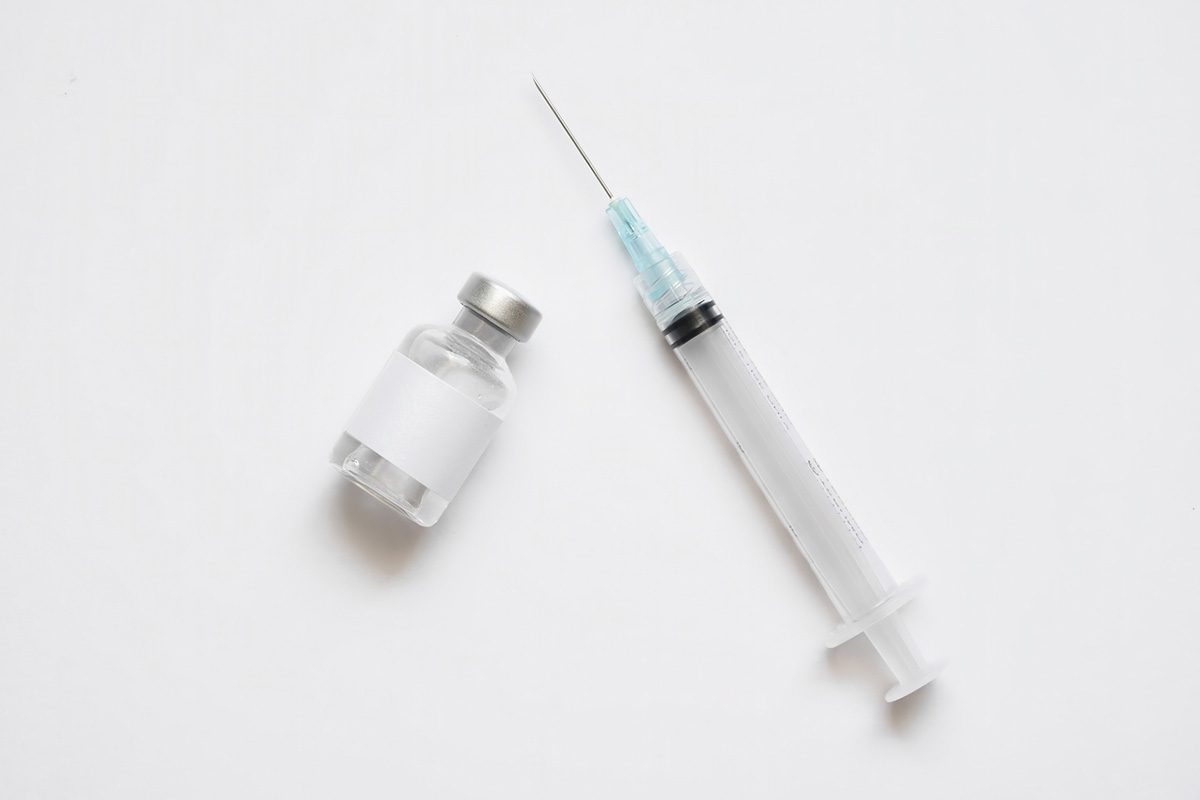Background: Clozapine-induced fever is a known side effect that can occur during clozapine initiation. This study aims to characterize patients who experience clozapine-induced fever, the nature of the fevers, and rates of clozapine continuation at 1 year in patients who develop fever versus those who do not.
Method: A retrospective chart review of 93 consecutive clozapine initiations (1991-1999) was conducted. Fever was defined as any 1 temperature at or above 38.0oC (100.4oF). Demographic information, presence or absence of clozapine-induced fevers, and continuation of clozapine treatment at 1 year were extracted from the charts. These variables were analyzed for significance, and subsample analysis was conducted for those with more severe fevers (at or above 38.5oC [101.3oF]).
Results: Of the 93 patients, 20.4% (N = 19) developed clozapine-induced fevers. At 1 year, there was no significant difference in clozapine discontinuation rate between those patients who experienced fever and those who did not. Patients who experienced higher fevers ( 38.5oC [101.3oF]) tended to be significantly older than those who did not (p < .027). The mean fever duration was 3.8 days (range, 1-9 days), with a mean temperature of 39.1oC (102.4oF) (range, 38.0-41.0oC [100.4-105.8oF]). At 1 year, the patients who experienced fever showed no increased risk of severe reactions such as agranulocytosis. All patients with fevers continued clozapine treatment with good 1-year continuation rate on treatment with this medication.
Conclusion: Clozapine-induced fever is not an indication for discontinuing this effective medication. It is a benign, self-limited phenomenon not predictive of drug discontinuation at 1 year. Older age at time of treatment may be a risk factor for developing clozapine-induced fever.
Author Affiliations

Enjoy free PDF downloads as part of your membership!
Save
Cite



